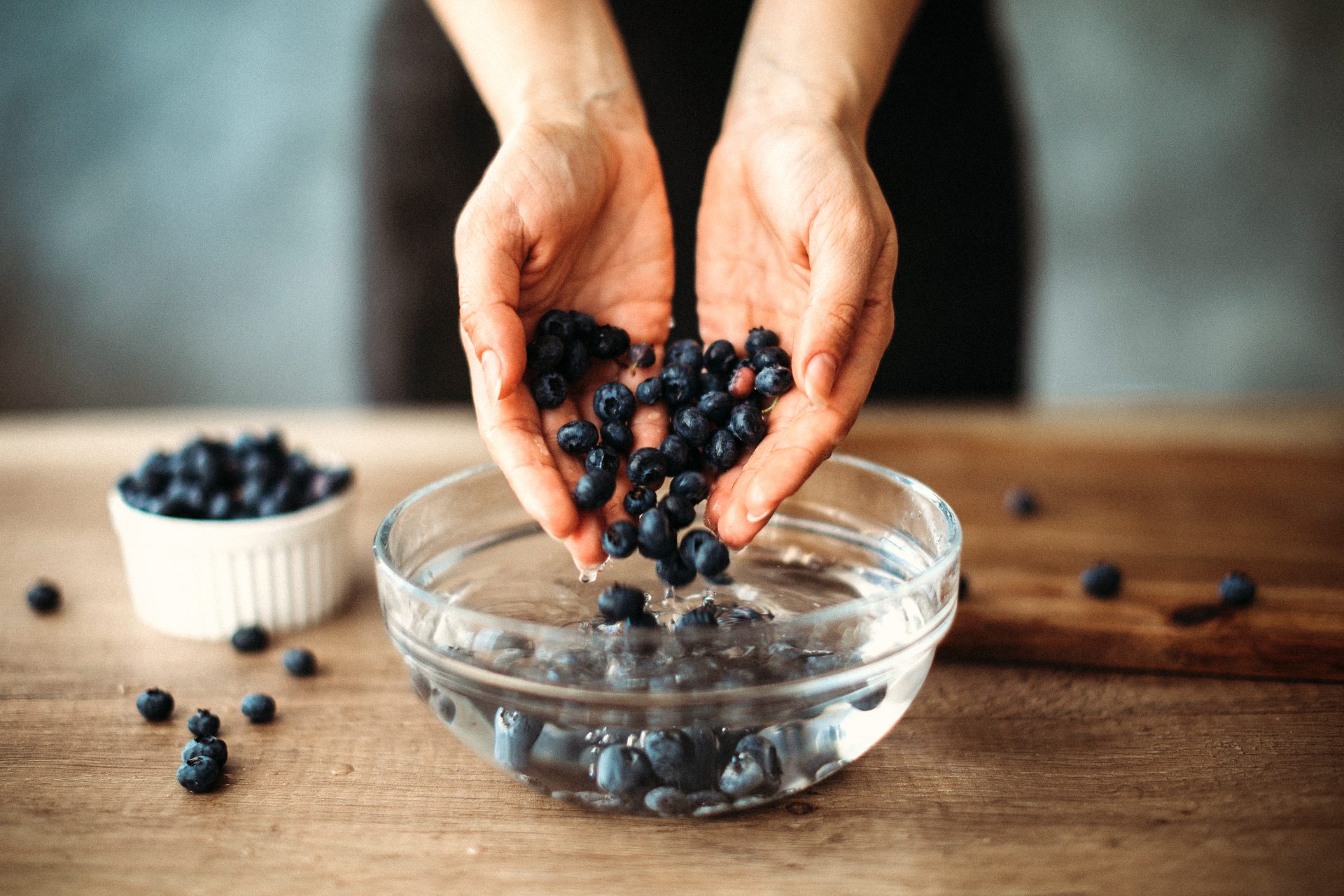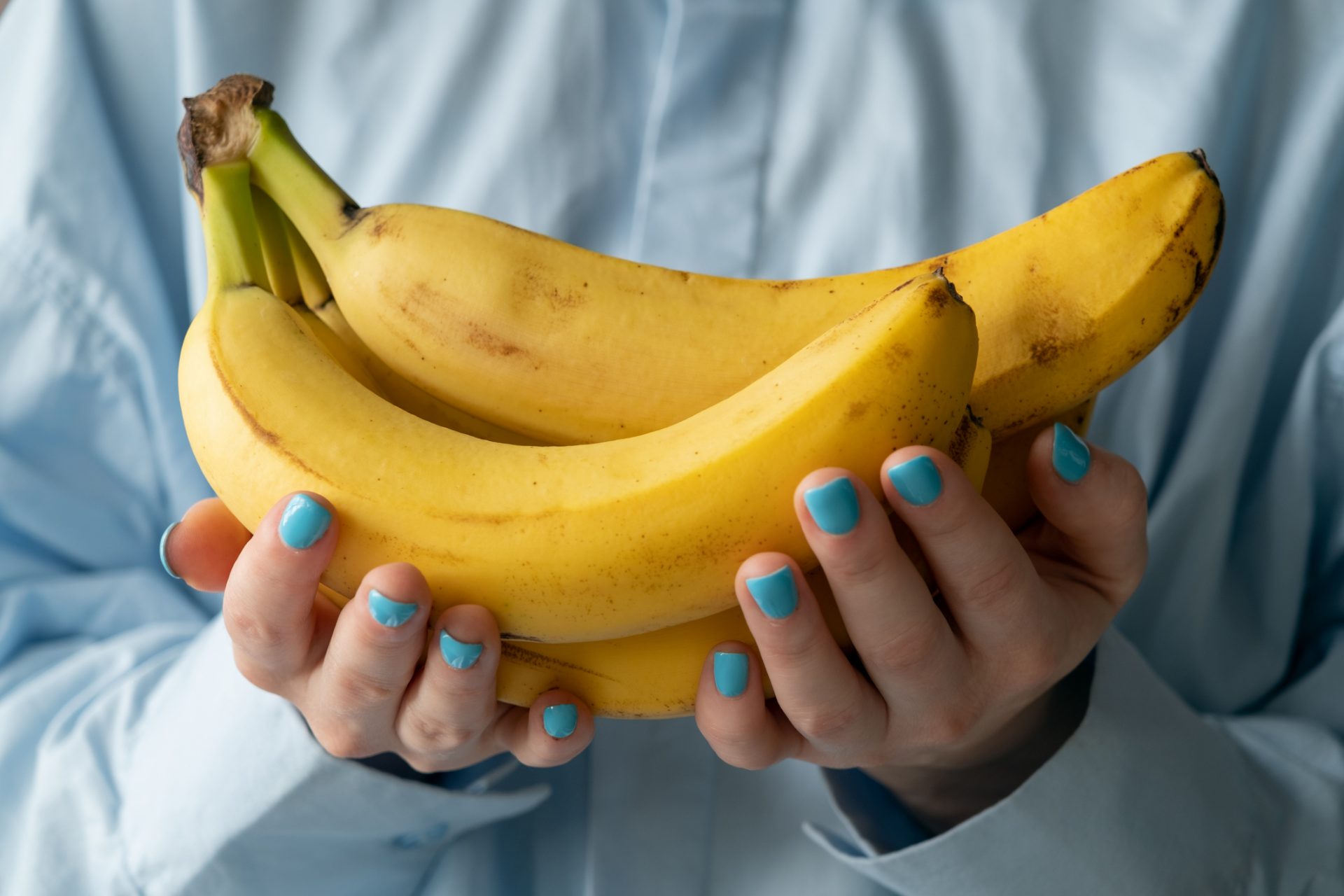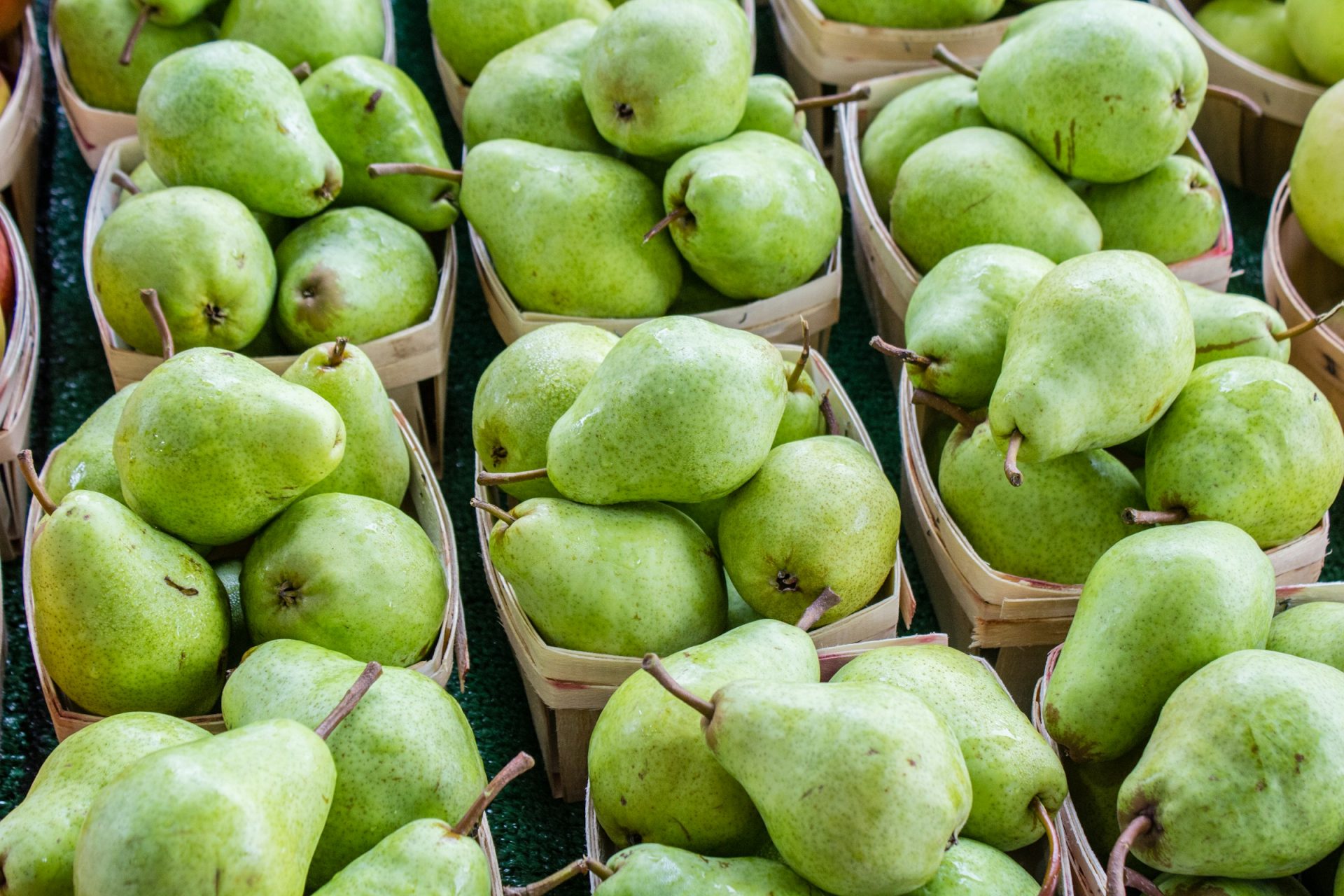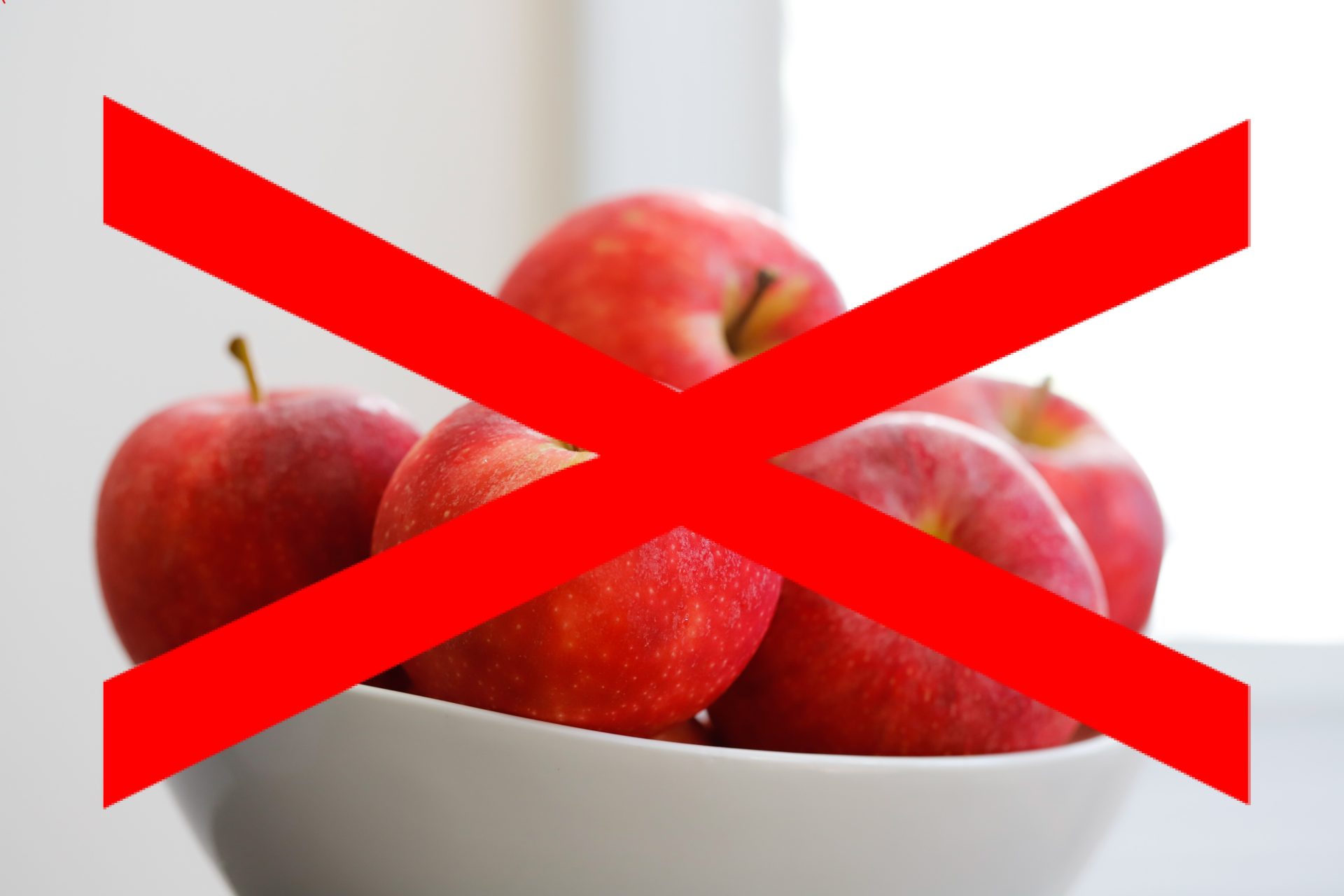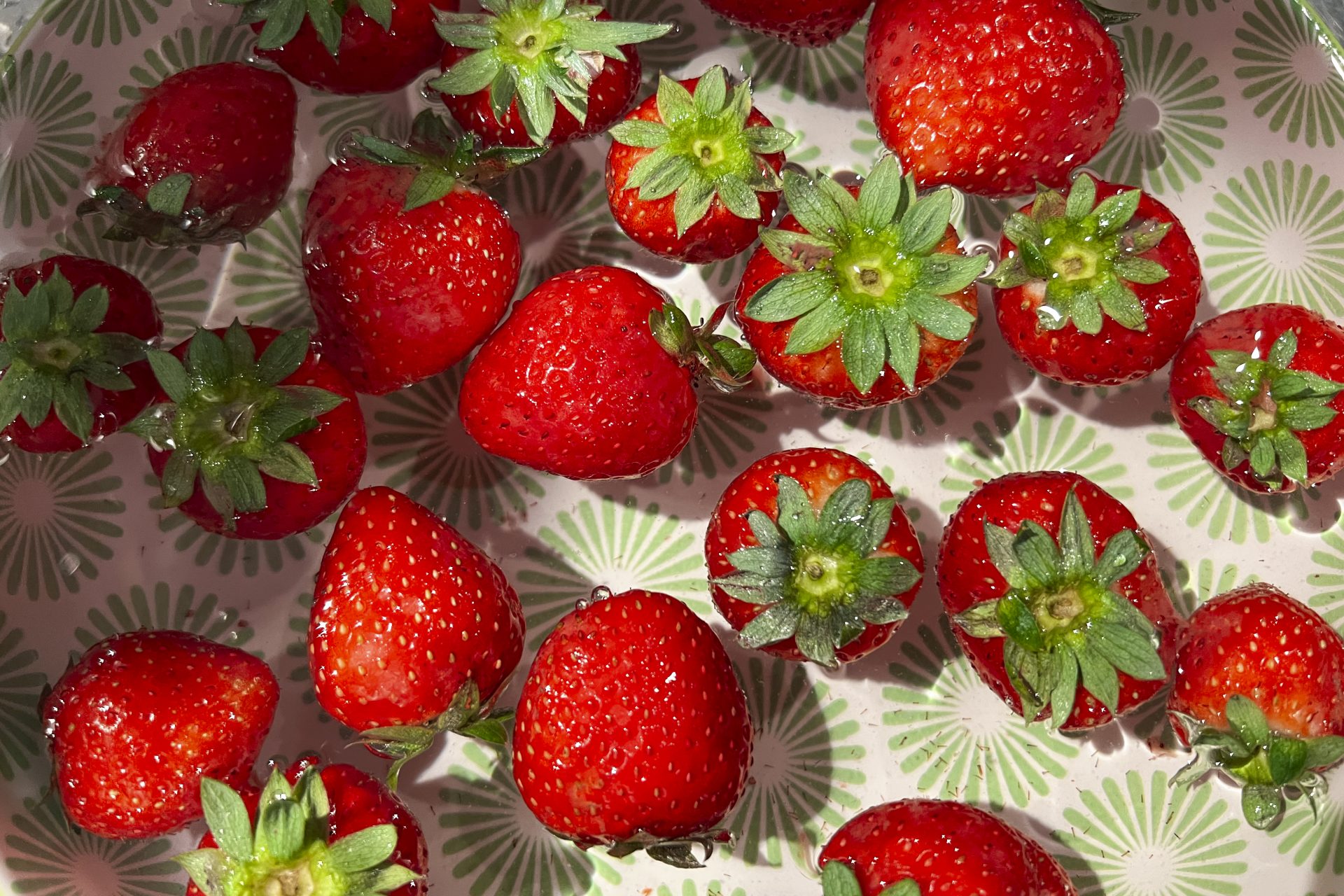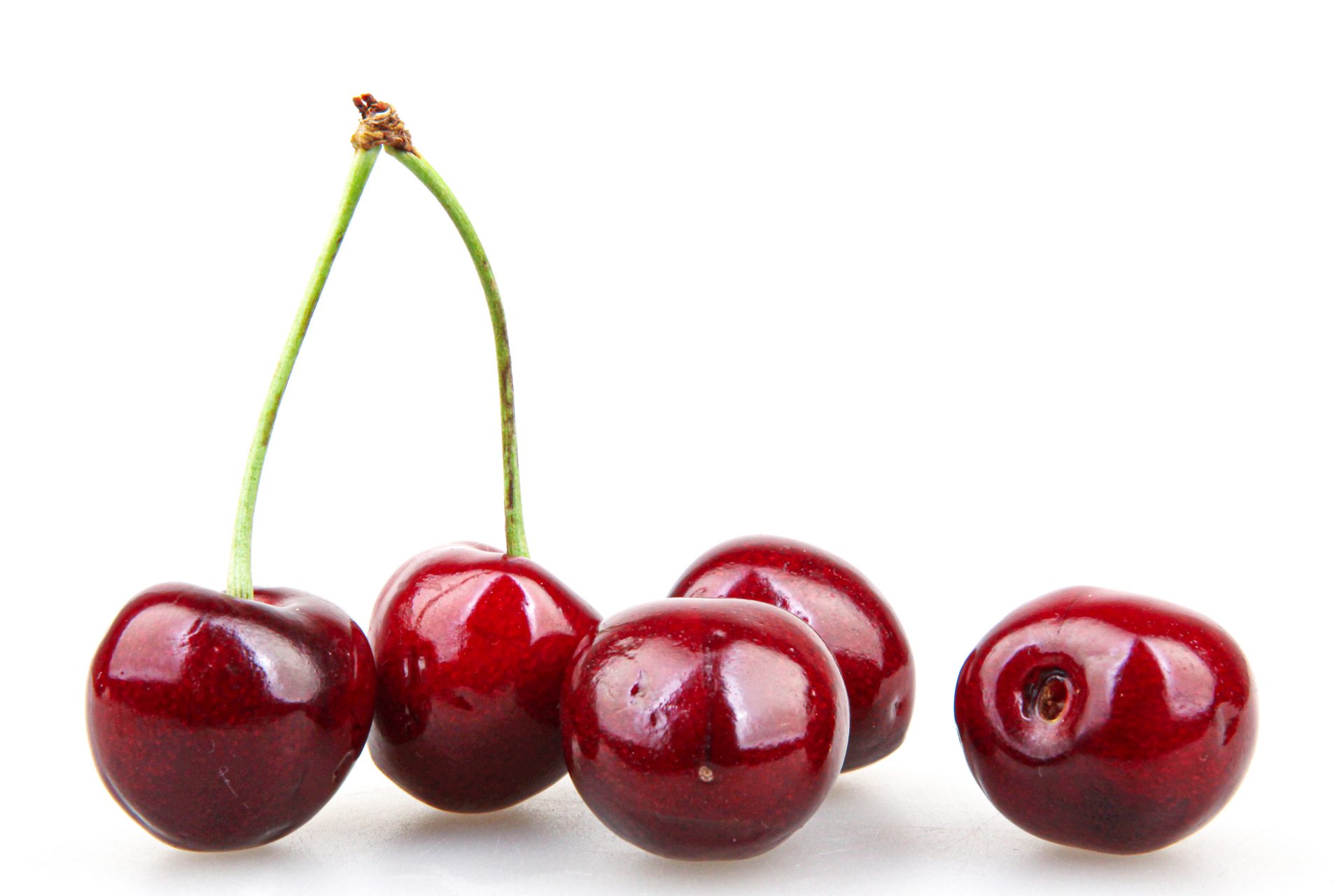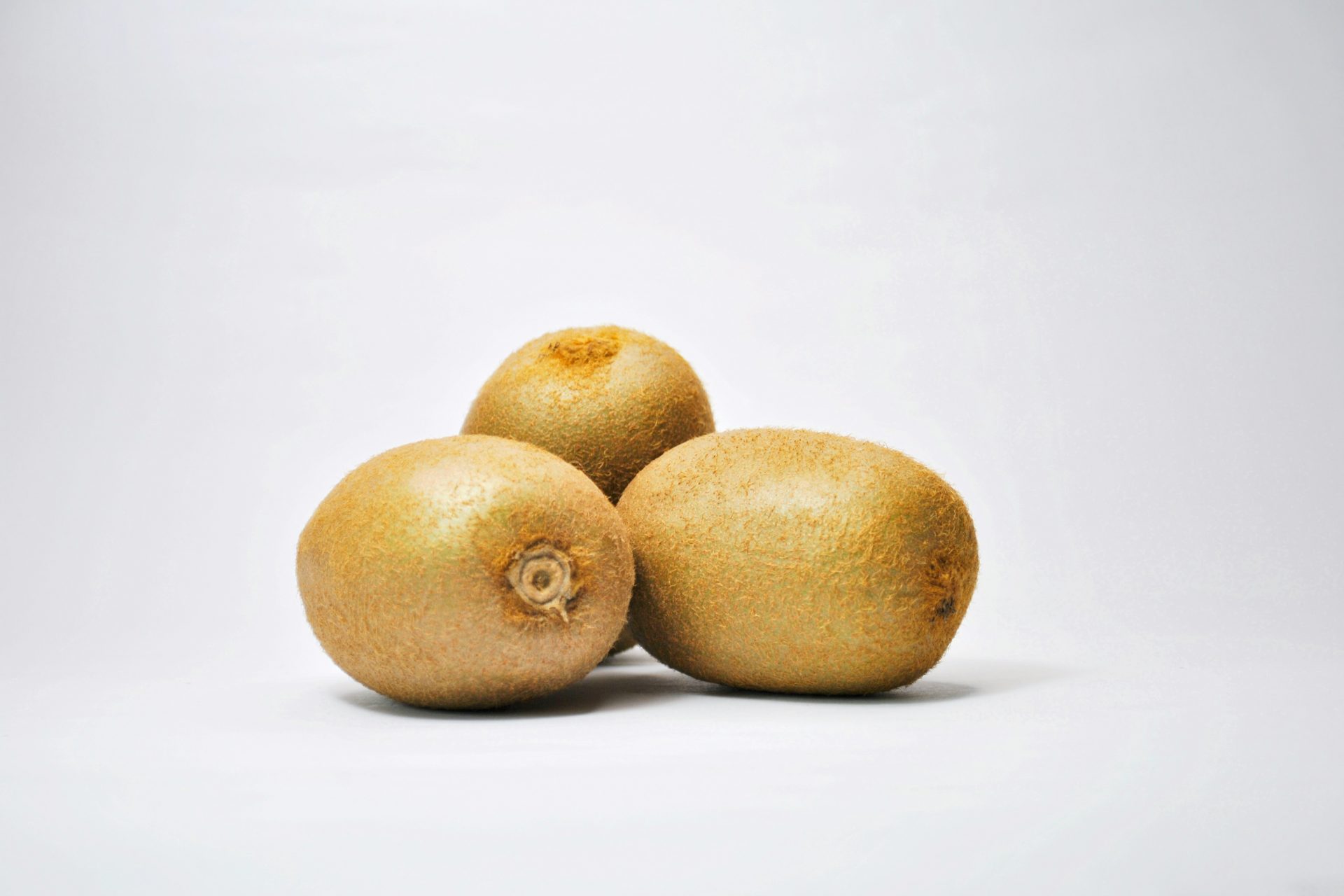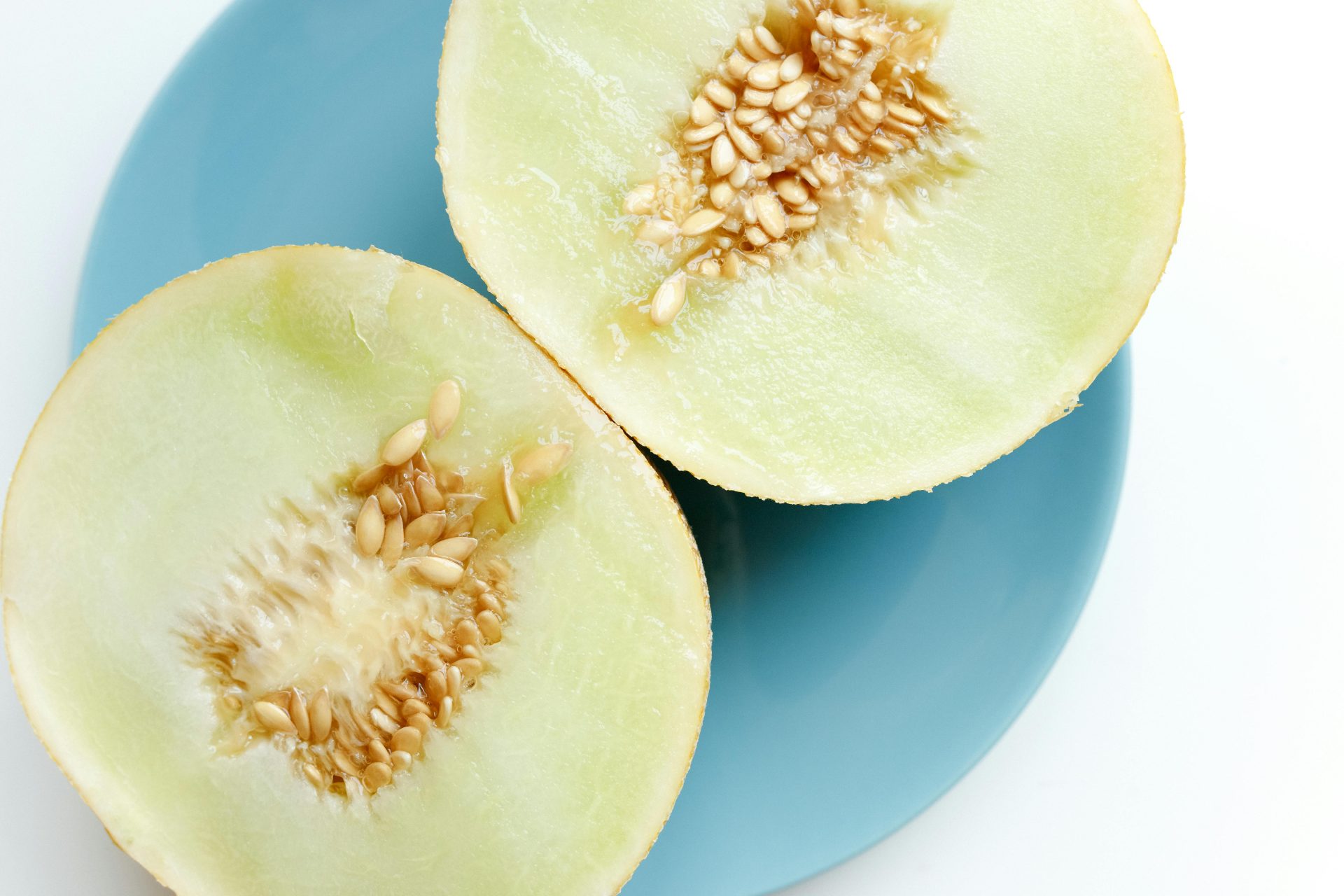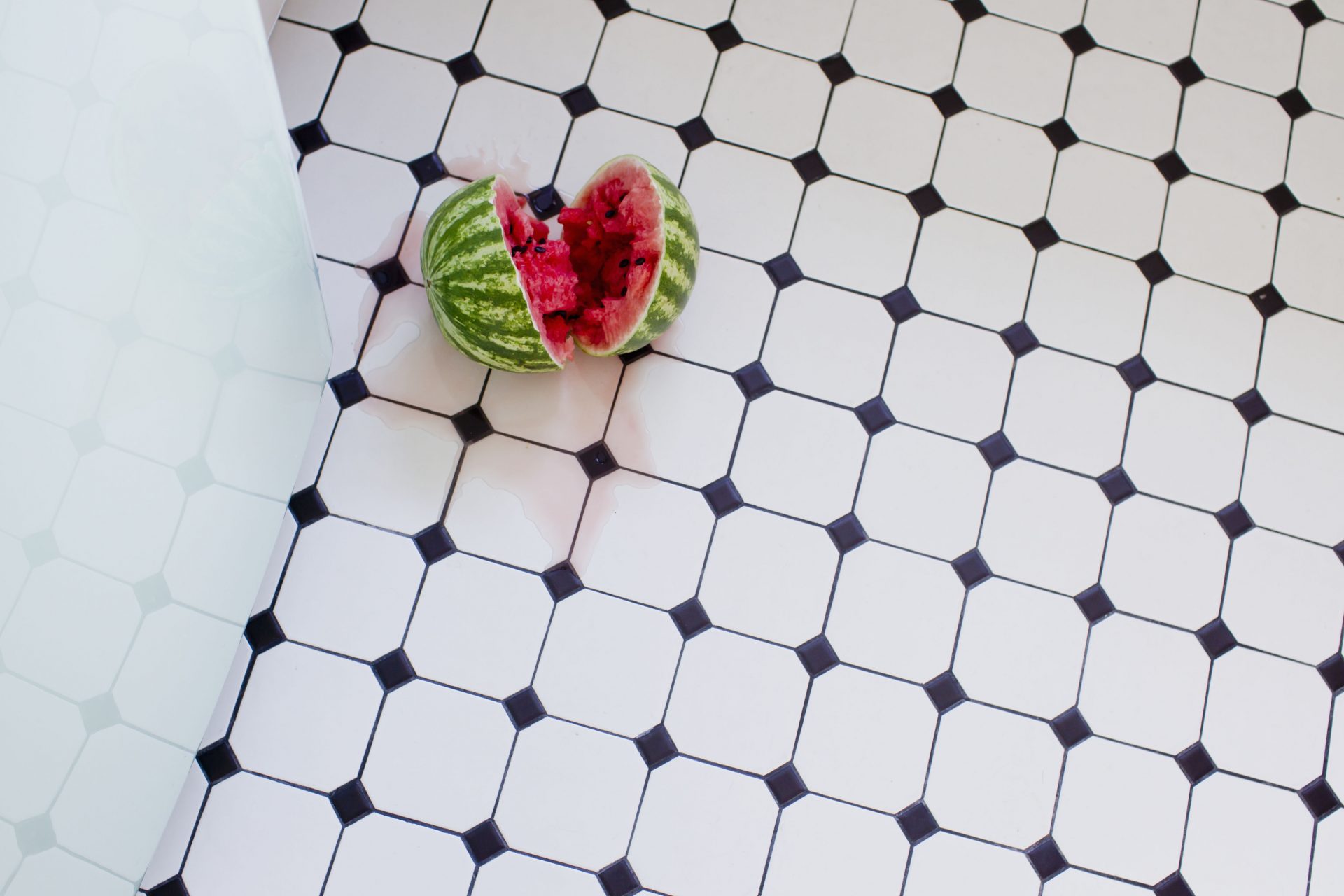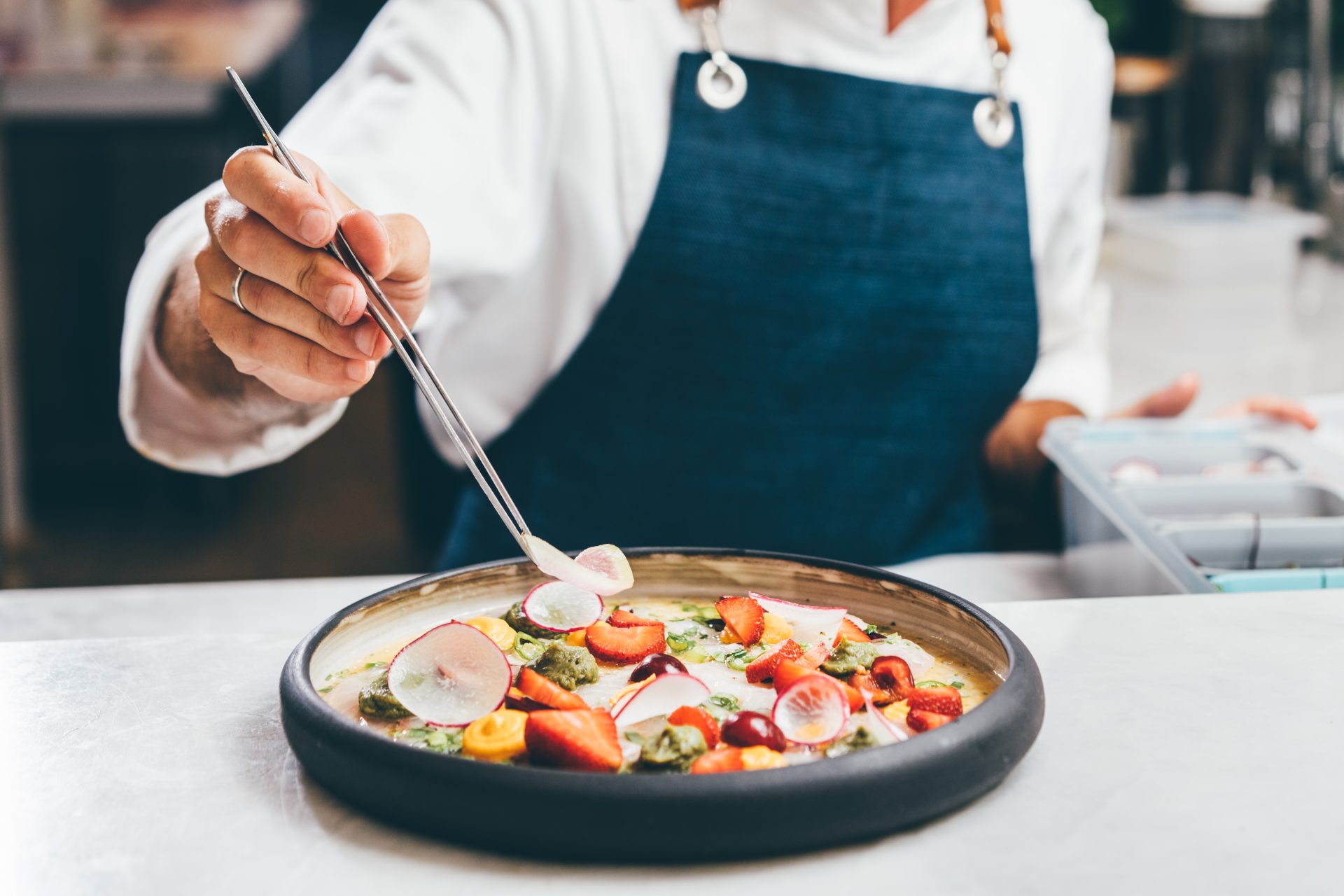Storage tips to keep fruit fresher for longer
Sweet, fresh berries are one of the most delightful things on Earth... but they are fragile and quick to go bad. To keep your blueberries, raspberries and the like best for longer, you can soak them in one part vinegar and three parts cool water for 10 mins. Then drain and rinse very well, making sure your berries get very dry (air drying or with paper towels) before storing them in a fridge with a container lined with dry paper towels. Many have experimented and found this yields the best result!
We all know that bananas are fine on the counter, well, at least when they are out of direct sunlight. But if you're looking to keep those bananas fresh for longer, you can wrap the banana stems in plastic, since they produce the ethylene gas that spreads to the rest of the fruit to ripen it. Once they are perfectly ripe, you can totally stick them in the fridge too, which will slow down the ripening process.
For pears, room temperature is fine as they ripen, but once they're ripe, stash them in the fridge where they can last a couple of weeks. Fun fact: unlike other fruits, pears ripen from the inside out so by the time they are soft outside they may be overripe inside. Once the neck gives slightly to pressure, it's ripe!
Photo: Jonathan Mast/Unsplash
Ignore the fruit bowls, apples should be stored in the fridge in a plastic bag away from ethylene-sensitive vegetables like leafy greens. Ideally, you'll have a separate fruit drawer. For apples, a cold environment helps maintain their crispness and flavor. According to the New York Times, producers keep them near-frozen to keep them crisp all year, so you can put them in the coldest place in your fridge.
Store oranges, lemons, and limes on the countertop if they will be used within a week, otherwise, keep them in the refrigerator. Oranges and grapefruits are not sensitive to ethylene, so they can be stored near other produce without issues. Lemons and limes like more separation. Martha Stewart says to put them in a mesh bag, not plastic before refrigeration. Since citrus is often favored for juicing or eating at room temperature, you can take them out of the fridge in advance.
Expensive, delicious, and prone to go bad quickly. To extend shelf life beyond a day, discard any moldy fruit, and put them in the fridge in a loosely covered container with paper towels, ideally stacking in a single layer. If you want, you can also pre-wash in a 3-1 water-white vinegar mix to clean them and get rid of spores that could lead to spoilage. Rinse thoroughly after to get out the vinegar taste and then dry the berries gently before refrigerating.
Keep unripe mangoes and stone fruits like peaches and plums at room temperature until they fully ripen. Once ripe, they can be moved to the refrigerator to extend their freshness. They tend to be quite ethylene-sensitive, however, so once in the fridge try to keep them away from other gas producers like apples if possible.
According to Serious Eats, cherries require coolness and dryness. The best thing you can do to keep them longer is put them in the fridge as soon as possible (ideally, within 36 hours of harvest!) If you buy them at the store, avoid leaving them out in a hot car too. The best results are when they are put in the fridge dry (don't pre-wash!) and laid out flat in a big uncovered bowl.
Hard avocados can be ripened on the counter, a process that can be accelerated by putting them in a brown paper bag with the top tightly closed. Once ripe, it's fridge time, ideally putting it in the crisper drawer. And what to do with the pesky half-avocado? Brush it with lemon or lime juice, wrap it with plastic film and put it in an airtight container in the crisper drawer for best results.
Like many other fruits, allow a kiwi to ripen on the counter until it has some give when you press into it. Once your kiwi is at its prime, stick it in the crisper drawer in your fridge to make it last even longer. But warning: they will continue to ripen, even more quickly if it's next to ethylene-producing foods like apples, mangoes, or tomatoes.
Photo: César Guel/Unsplash
A joke is floating around about everyone having a single shriveled pomegranate in the fridge. Accurate? Maybe. The fact is that pomegranates are quite durable! If you refrigerate a whole fruit, it can last up to two months. At room temperature, they can stay delicious for up to two weeks.
Cantaloupe and honeydew melons, unlike other fruits, don't continue ripening off the vine. What you pick is what you get. Cantaloupe can last for a few days out of the fridge, but as soon as they start smelling sweet, pop them in there. They can last two or three weeks. Honeydews can last in the fridge even longer, though they do prefer slightly cooler conditions than cantaloupes and the average fridge.
Photo: Nataliya Vaitkevich/Pexels
Like the other melon cousins, watermelons don't ripen off the vine. But they like it slightly warmer than the average fridge. So their ideal condition is in a cooler with ice packs at 50F-59F (10C-15C), where they could last up to three weeks. But since that's not an option for most people, experts at Epicurious say to stick a whole melon in the fridge, which is much better than the counter. If it's gone bad, its rind will be soft and it will also smell and taste sour. Sliced melons will only last a couple of days in the fridge.
If you bought them at the right time, grapes can last anywhere between a few days to three weeks in the fridge, depending on their variety and storage methods. To make them last longest, unwashed grapes should be stored in a well-ventilated container in the crisper drawer of your fridge.

